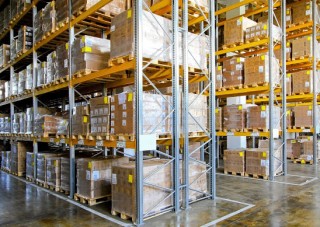A new report released Monday by the American Trucking Associations (ATA) projects freight volumes will increase by nearly 29 percent over the next 11 years.
“The outlook for all modes of freight transportation remains bright,” said ATA Chief Economist Bob Costello in releasing its U.S. Freight Transportation Forecast to 2026. “Continued population growth, expansion of the energy sector and foreign trade will boost trucking, intermodal rail and pipeline shipments in particular.”
Forecast, a collaboration between ATA and IHS Global Insight, projects a 28.6 percent increase in freight tonnage and an increase in freight revenues of 74.5 percent to $1.52 trillion in 2026.
“Forecast is a valuable resource for executives and decision makers in both the private and public sector,” said ATA President and CEO Bill Graves. “Knowing where the industry and economy is headed can help shippers and fleets make key business decisions and instruct lawmakers and regulators on the best policies to move our economy forward.”
For the first time, this year’s Forecast includes near-term projections for 2015 and 2016 and estimates for changes in the size of the Class 8 truck fleet.
Among Forecast’s findings:
Trucking will still be the dominant mode of freight transportation, although the share of tonnage it hauls dips slightly. Even though truck tonnage grows over the forecast period, trucking’s share will dip from 68.8 percent in 2014 to 64.6 percent in 2026.
Due to tremendous growth in energy production in the U.S., pipelines will benefit more than other modes. Between 2015 and 2026, pipeline volumes will increase an average of 10.6 percent a year and their share of freight will increase from 10.8 percent in 2015 to 18.1 percent in 2026.
While railroads’ share of freight tonnage will drift down from 14.2 percent in 2015 to 12.3 percent in 2026, intermodal freight will be the second-fastest growing mode at 4.5 percent annually through 2021 and increase 5.3 percent per year thereafter.
The number of Class 8 trucks in use will grow from 3.56 million in 2015 to 3.98 million by 2026.




